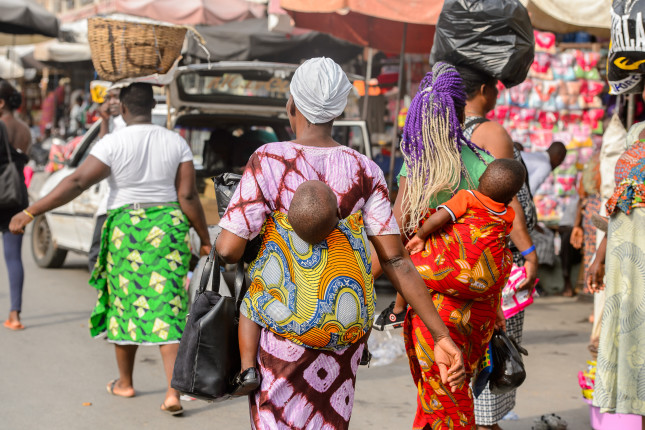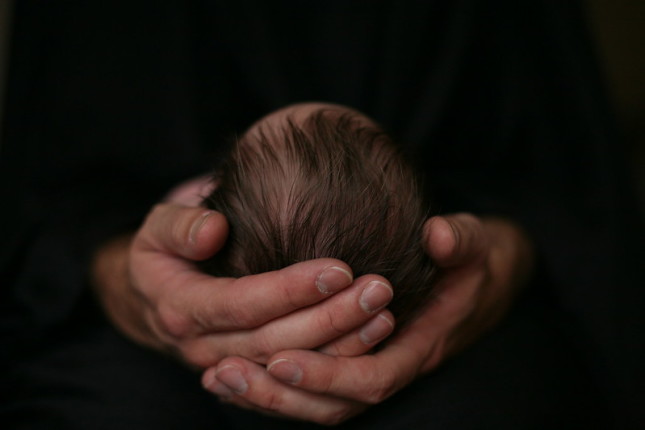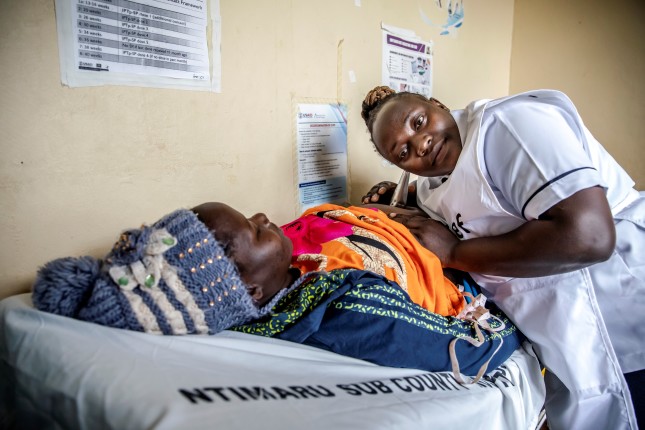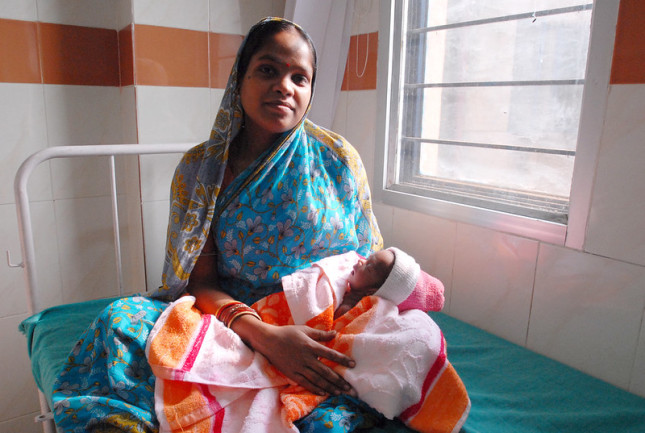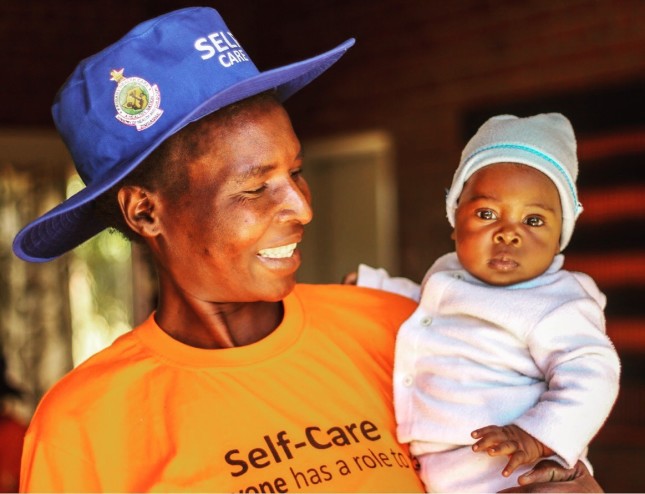-
Finding the Power to Prevent Maternal Deaths: Women Deliver 2023
›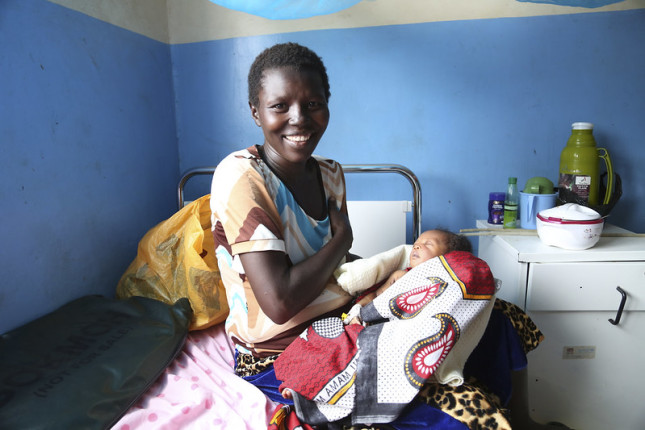
The 2023 Women Deliver Conference in Kigali, Rwanda offered participants an opportunity to think deeply about gender equality, and the urgency of this moment in making progress was evident – even at a pre-conference event hosted by the United Nations Population Fund (UNFPA): Scaling Up Actions to End Preventable Maternal Deaths: Linkages with Family Planning, Bodily Autonomy and the Health Workforce.
-
Nigeria’s Demographic Moment? Or Just Wishful Thinking?
›
Over the past several months, members of the foreign affairs and development communities have heaped a great deal of attention—and interpretation—on the pace of demographic change in Nigeria.
-
Midwives in Humanitarian Settings: Realities of Strengthening an Essential Health Workforce
›
One in every 23 people is expected to need humanitarian assistance in 2023. That is a record 339 million this year alone. During such humanitarian crises, the needs of women, newborns and adolescents are often unmet, with devastating consequences. In fact, in 2023, 58 percent of global maternal deaths, 50 percent of newborn deaths, and 51 percent of stillbirths worldwide occur in the 29 countries with a UN humanitarian response plan or regional response plan.
-
New Global Health & Gender Policy Brief: The Global Burden of Stillbirths
›
In 2021, 1.9 million stillbirths occurred globally. A baby who dies at or after 28 weeks of pregnancy,* and is born with no sign of life is classified as a stillbirth. Stillbirths can be caused by pregnancy and childbirth-related complications, like hemorrhage, placental abruption, and pre-eclampsia; maternal infections during pregnancy, including malaria and sexually transmitted infections; prolonged pregnancy to 42 weeks or more; and pre-existing health conditions. Other risk factors include maternal age and smoking during pregnancy.
-
Midwives Lead the Way: The 5th Global Midwifery Symposium
›
Midwives play a central role in maternal and newborn health. So, it is fitting that their efforts took the spotlight at a two-day event – The 5th Global Midwifery Symposium – held during the first ever International Maternal and Newborn Health Conference (IMNHC) in May 2023 in Cape Town, South Africa.
-
Delivering Dignity: The Importance of Respectful Maternity Care
›
Women who are treated with respect and dignity during childbirth are more likely to have positive birth experiences, feel empowered to make informed decisions about their care, and have better health outcomes for themselves and their newborns.
-
Me Care, We Care: How Self-Care Strengthens Maternal and Newborn Health
›
A recent report on global maternal mortality by the World Health Organization (WHO) reveals a hard truth: the world has been ignoring the needs of pregnant women. While there have been substantial reductions in maternal death rates since 2000, progress has stalled or been reversed in some countries after 2015, even before COVID-19 exacerbated the situation. Nations affected by humanitarian emergencies, conflicts, and other crises fared the worst.
-
8 Billion and Counting: Rethinking Rhetoric on Population and Choice
›
The United Nations Population Fund (UNFPA) 2023 State of the World Population (SWOP) Report offers a chance to reflect on what’s at stake in debates over global population. “The question is not whether the human population is too large or too small. The question is whether everyone can exercise their fundamental human right to choose the number and spacing of their children,” said Sarah Craven, Chief of the Washington Office of UNFPA at the virtual D.C. launch of the report at the Wilson Center on April 26, 2023.
Showing posts from category family planning.


